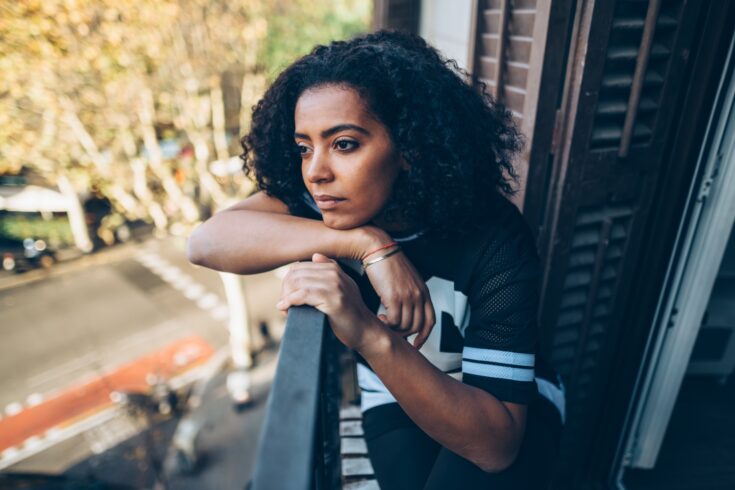Since March 2020, the UK has been in some form of lockdown. Restrictions and guidance continue to adapt and change, but for lots of people, social isolation and loneliness remain.
Creativity and culture have played a huge role in helping people across the UK cope with lockdown; thousands of people watched online theatre and dance performances or dusted off arts and crafts supplies. UKRI-funded researchers have been investigating how the arts can help mitigate the negative effects of isolation.
How creative did the UK get during lockdown?
The Community COVID project, which is funded by the Arts and Humanities Research Council (AHRC) and UCL, launched with a survey to find out what people have been up to during COVID-19 restrictions.
The survey asks people how they have been spending their free time, which activities they have been taking part in and what they feel the benefits were. It also asks people how often they feel left out or isolated, and whether their creative activity makes them feel more connected to others.
Professor Helen Chatterjee from UCL is leading the project and explained:
We want to understand how people experiencing lockdown, plus those who are self-isolating and shielding, engage with resources designed to inspire ideas, stimulate creativity and physical activity, combat loneliness and improve social connectivity.
We are interested to understand the positive as well as the negative aspects of engaging with these resources, both online and offline, and how this engagement affects participants’ health, wellbeing and social lives.
One of the project’s outcomes is to provide recommendations for good practice regarding the provision of creative activities that are accessible to a wide range of people.
Culture boxes for people with dementia
In July 2020, another AHRC-funded project was launched to test how music and art can boost wellbeing in people with dementia while restrictions are ongoing.
The project is led by Professor Victoria Tischler, from the University of West London’s Geller Institute of Ageing and Memory.
In its first stage, ‘culture boxes’ are being sent to 40 care homes across the UK, focusing on areas of socioeconomic deprivation and underserved communities.
The boxes include public health information and materials to encourage people with dementia and care home staff to create art and music. Everything is tailored towards recipients and includes items like music recordings, dance videos and art activities.
Tischler said:
We already know of the significant impact that lockdown restrictions are having on the health and wellbeing of people living with dementia in care home settings, and want to ensure that as many as possible have access to varied and engaging activities and information about COVID-19 that is tailored to their needs.
Drawing on the positive impact we know the arts can have on the cognitive abilities, behaviour and quality of life of people living with dementia, this will help us better understand the impact of such restrictions on the community, while also addressing serious issues of isolation and loneliness for those living in care homes.
Artistic creations made during the project will be shown in a public exhibition in 2021.
Last updated: 18 December 2023

